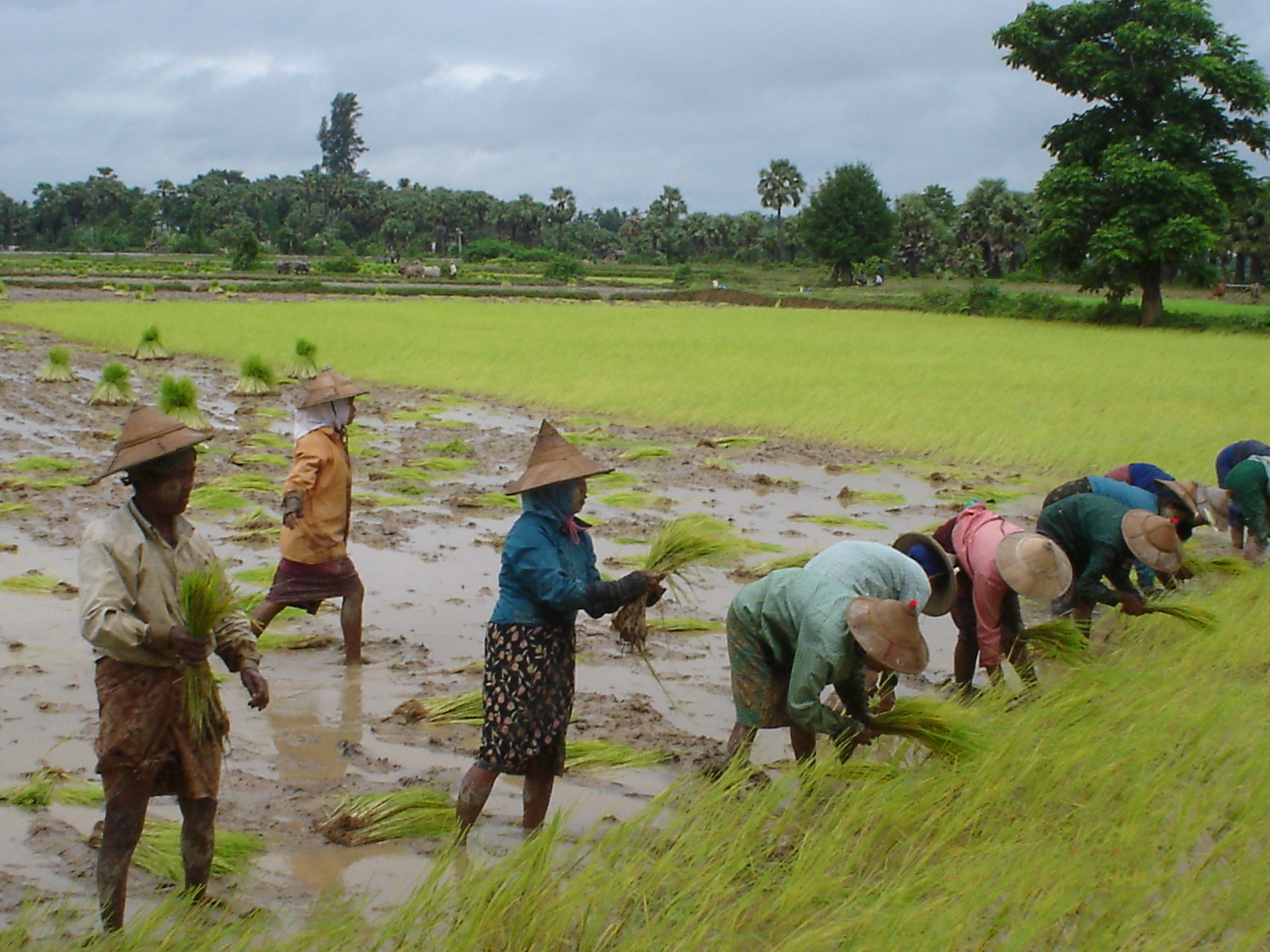The price of rice in Burma has increased by 41 percent between 2009 and 2013, a rate much higher than neighbouring competitors Thailand and Cambodia. This has led to a decrease in Burmese rice exports and food security at home, according to a recent report by the World Bank.
“Price fluctuations are common in agricultural markets. However, rice price volatility in Myanmar [Burma] is more profound than in neighboring rice net-exporter countries like Cambodia, Vietnam, and Thailand,” the report, titled Rice Price Volatility and Poverty Reduction in Myanmar, said. “The economic liberalisation in 2004 removed local trade barriers and this reduced risks and price volatility in the domestic rice market. Even if Myanmar’s price fluctuations decreased in recent years (compared to the mid-2000s), it remains high.”
Noting that a majority of rural people in the country live close to the poverty line, the World Bank pointed out that many are at high risk whenever rice prices fluctuate.
Rice farming and its associated industries account for over 50 percent of the Burmese population’s livelihoods, the report said, while purchasing rice takes between 25 and 50 percent of the average household’s expenditure.
A high concentration of harvesting in November and December, leading to sharp drops in price in January with spikes in May, as well as poor infrastructure for transportation, add to the irregular trade in rice.
Myanmar Rice Association joint secretary Dr. Soe Tun said they are trying hard to stabilise prices.
[related]
“Our Rice Federation is buying rice to hold in reserve,” he told DVB on Tuesday. “We have 3.5 billion kyat [US$3.5 million]. We borrowed 10 billion kyat from the government, and another one billion kyat from the Co-operative Bank. We buy when the rice price drops. We sell in August when the prices are higher. This is our current policy.”
But, according to the World Bank, Burma’s woes in the rice market must be resolved with investment in agriculture and infrastructure.
“There is a significant trade-off between lowering price volatility with short-term measures and maintaining price competitiveness. Long-term structural issues can be solved only through investments in agriculture and infrastructure, improved business environment, and social safety nets,” said World Bank country director for Myanmar Abdoulaye Seck. “Open trade policy should be the one and foremost policy goal for Myanmar.”



